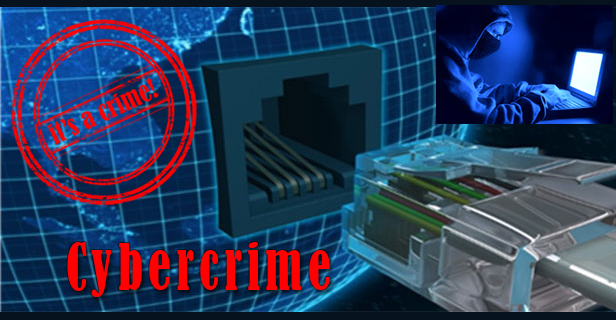

"Technology is making tremendous advances against hunger, disease and wasteful uses of energy. But it also empowers organized crime and raises the spectre of crippling cyber-attacks."
- Jan Eliasson, Deputy Secretary-General
Cybercrime is an emerging form of transnational crime, and one of the fastest growing. As the Internet has become an almost essential part of our lives, providing information and communication all over the world, so criminals have taken advantage. With some two billion users worldwide, cyberspace is the ideal place for criminals because they can remain anonymous and gain access to all forms of personal information we knowingly, or unwittingly, store online. Threats to Internet safety have spiked dramatically in recent years, and cybercrime now affects more than 431 million adult victims globally.
Cybercrime exists in many forms, the most common being identity-related offences. This occurs by phishing (deceiving Internet users into giving their personal information), malware (unintentionally-installed software that collects personal information) and hacking (illegally accessing someone's computer remotely). Criminals tend to use these methods to steal credit card information and money. Furthermore, the Internet has also becoming a place for crimes related to copyright and intellectual property rights and also offences such as child pornography and abuse material.
Cybercrime has grown easier as technology advances, and perpetrators no longer require great skills or techniques to be a threat. For example, software tools that allow the user to locate open ports or override password protection can be bought easily online. What has not grown easier, unfortunately, is the ability to find those responsible. With the anonymity that cyberspace provides, it is difficult for law enforcement to profile and locate the criminals. What is known, however, is that more than three quarters of cybercrime acts today are linked to organized criminal activity.
Cybercrime has rapidly grown into a business that may exceed three trillion US dollars a year. Without proper regulation, and insufficient capacity in many countries, combating cybercrime has proven difficult. A global effort is needed to provide better protection and firmer regulations because so far cyber criminals have hidden within legal loopholes in countries with less regulation. Perpetrators and their victims can be located anywhere, but the effects are seen across societies, highlighting the need for an urgent and robust international response.
Developing countries lack the capacity to combat cyber-attacks and other forms of cybercrime. It is therefore not surprising that victimization rates are higher in countries with lower levels of development. Criminals also exploit countries' legal loopholes and weak security measures to perpetrate cybercrimes. The lack of cooperation between developed and developing countries can also result in "safe havens" for those committing cybercrimes.
An open-ended intergovernmental expert group was set up following the 12 th Crime Congress to study cybercrime, and consider how Member States, the international community and the private sector respond to it. By looking at sharing best practices and exchanging information on national legislation, it is hoped existing responses to cybercrime will be strengthened.
The United Nations Office on Drugs and Crime (UNODC) promotes long-term and sustainable capacity building in the fight against cybercrime through supporting national structures and action. Specifically, it draws on its specialized expertise on criminal justice systems to provide technical assistance in capacity building, prevention and awareness raising, and international cooperation, as well as data collection, research and analysis on cybercrime.
One of the simplest ways you can participate in eradicating cybercrime is by learning how to protect yourself online and not be an easy target for cybercriminals. By learning how to protect your identity and information online, you are one less victim vulnerable to the crime. Although online shopping and online banking have become everyday life for many people, always be aware of the trustworthiness of the website. Avoid using public computers for anything that requires credit card payment, and make sure the website you use to make online purchases or do anything with your banking is a fully legitimate and safe business.
Keep your computer up-to-date with the latest security software, choose strong passwords and steer clear of suspicious emails or "special offers" that ask for your personal information often in the form of contests, sales or fake banks.